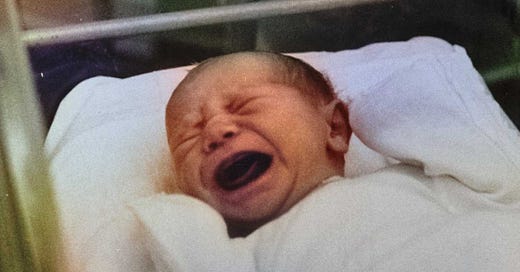
The 1997 murder trial of Louise Woodward was the first time many Americans heard of shaken baby syndrome. A teenage British nanny working in a wealthy Boston suburb, Woodward was accused of handling 8-month-old Matthew Eappen so roughly he fell into a coma and later died. It was a clear case, prosecutors alleged, of an increasingly prominent medical diagnosis that was tantamount to a criminal accusation. Juries across the country were accepting it as proof of caregivers’ guilt beyond a reasonable doubt.
The trial was an international sensation—supporters gathered in a pub in Woodward’s home village to watch the televised sentencing. The case underscored class divisions as well as a simmering anti-feminist backlash: See what happens when mothers don’t stay home with their babies?
Woodward’s defense was led by attorney Barry Scheck, a co-founder of the Innocence Project, who was fresh off O.J. Simpson’s “dream team.” He put the diagnosis of shaken baby syndrome itself on trial. “I literally went back and read every paper in this field that we could find and asked doctors to explain to me every term,” Scheck told 60 Minutes Australia in 2022.
Scheck’s team found that a growing number of researchers and physicians had major doubts about the theory, and several of them testified in Woodward’s defense. Their argument was that the diagnosis relied too heavily on subjective interpretation and that a generation of clinicians had been “indoctrinated” to believe that a baby presenting with the symptoms of Eappen pointed to a single cause: violent shaking. But Scheck argued, as he later said of the Woodward case, “The scientific evidence demonstrated that she did not do this.”


